Kaoutar Ben Ahmed
Deep Learning Models May Spuriously Classify Covid-19 from X-ray Images Based on Confounders
Jan 08, 2021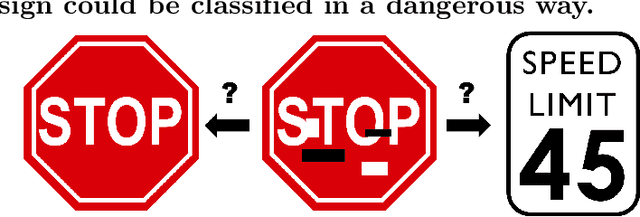
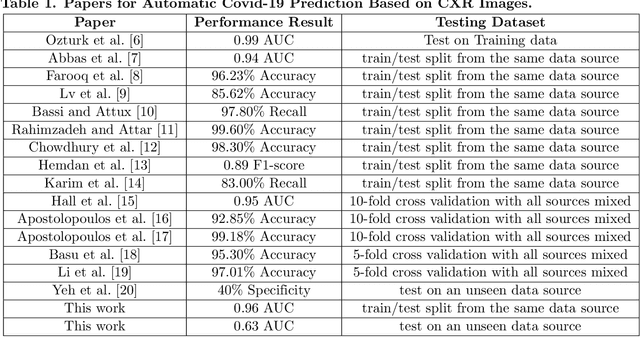
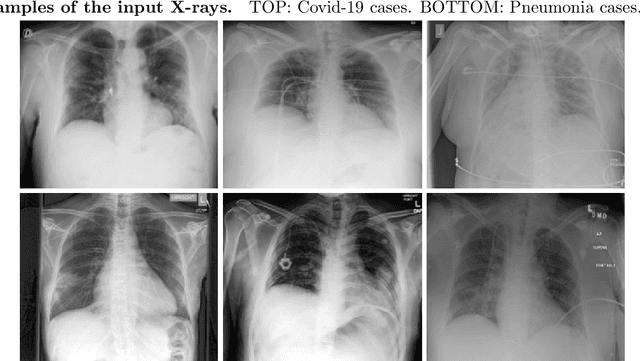
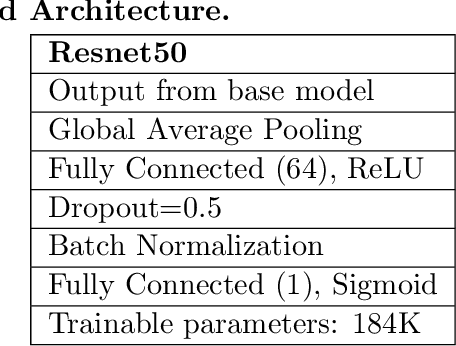
Abstract:Identifying who is infected with the Covid-19 virus is critical for controlling its spread. X-ray machines are widely available worldwide and can quickly provide images that can be used for diagnosis. A number of recent studies claim it may be possible to build highly accurate models, using deep learning, to detect Covid-19 from chest X-ray images. This paper explores the robustness and generalization ability of convolutional neural network models in diagnosing Covid-19 disease from frontal-view (AP/PA), raw chest X-ray images that were lung field cropped. Some concerning observations are made about high performing models that have learned to rely on confounding features related to the data source, rather than the patient's lung pathology, when differentiating between Covid-19 positive and negative labels. Specifically, these models likely made diagnoses based on confounding factors such as patient age or image processing artifacts, rather than medically relevant information.
Fine-Tuning VGG Neural Network For Fine-grained State Recognition of Food Images
Sep 08, 2018
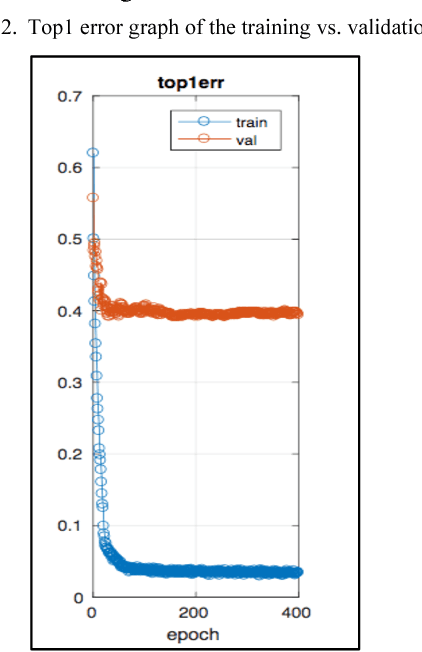
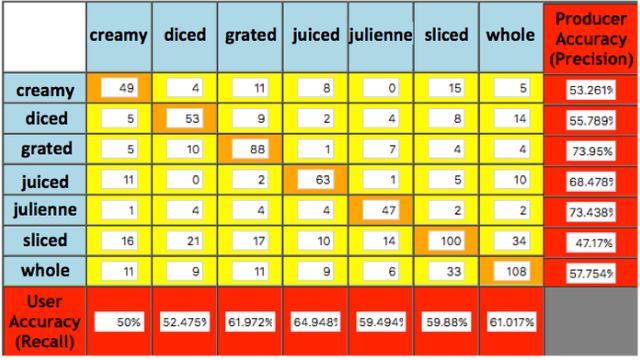

Abstract:State recognition of food images can be considered as one of the promising applications of object recognition and fine-grained image classification in computer vision. In this paper, evidence is provided for the power of convolutional neural network (CNN) for food state recognition, even with a small data set. In this study, we fine-tuned a CNN initially trained on a large natural image recognition dataset (Imagenet ILSVRC) and transferred the learned feature representations to the food state recognition task. A small-scale dataset consisting of 5978 images of seven categories was constructed and annotated manually. Data augmentation was applied to increase the size of the data.
 Add to Chrome
Add to Chrome Add to Firefox
Add to Firefox Add to Edge
Add to Edge